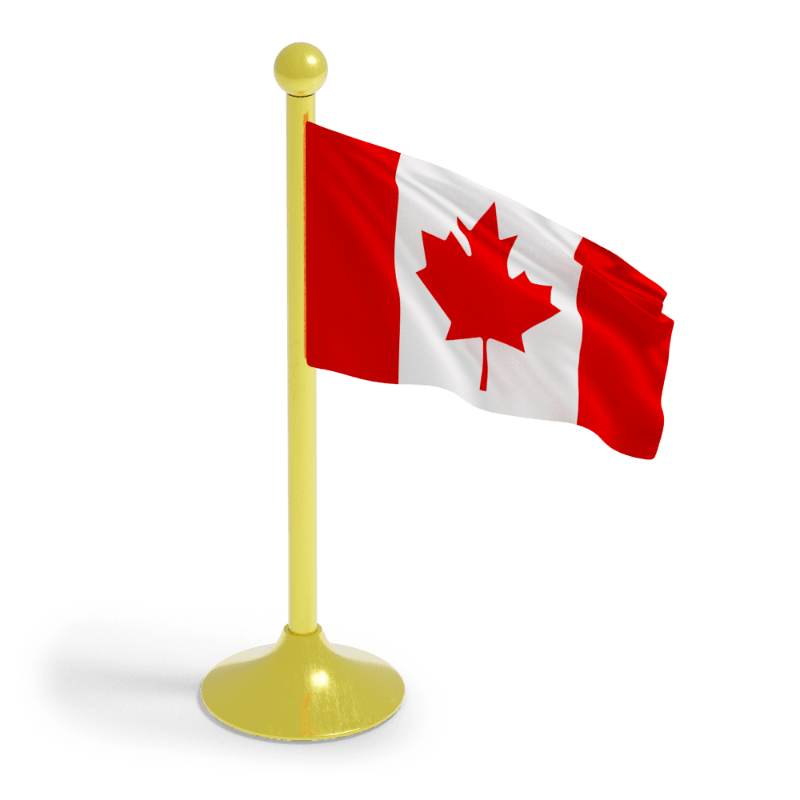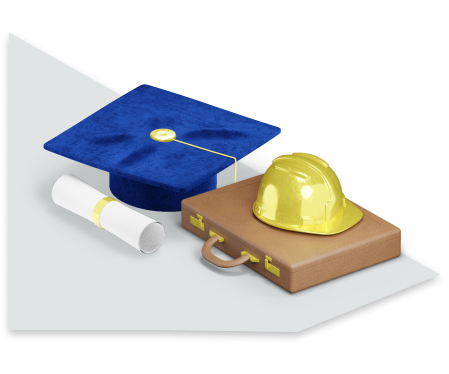The right to life, liberty and security of the person is enshrined in the Canadian Charter of Rights and Freedoms.
To be granted asylum in Canada as a refugee, a person must be outside his or her home country and have a well-founded fear of persecution. According to the Geneva Convention, the fear must not only be well-founded, the persecution must also be based on reasons of race, nationality, membership of a particular social group or political opinion. However, a less restrictive interpretation of the feared persecution may also lead to refugee status.
For example, Canada recognizes that women can be persecuted because of their gender and that the definition of a refugee should be interpreted to also include this form of persecution. A variety of circumstances can make a person a refugee.
Bringing refugees to Canada from outside the country is known as resettlement. Immigration, Refugees and Citizenship Canada (IRCC, formerly CIC) resettles individuals and families based on referrals from the United Nations High Commission for Refugees (UNHCR), other referral organizations, and private sponsorship groups.
Note: The government of Canada affords LGBTQ2 individuals and couples the same rights and opportunities as other persons when it comes to immigration issues.
Refugee Claim Process
Canada has obliged itself to protect genuine refugees, that is, not to send them back to persecution. People who get to Canada on their own can claim refugee protection at any border point, or inside Canada, at a Canadian Immigration Visa Office.
Refugee claims are complex and there is always a lot at stake. It is always advisable for people seeking refugee protection to be represented by a competent Canadian attorney with expertise in this particular area of the law.
Refugee Status application processing times vary from one Canadian Immigration Visa office to another:
- Government sponsored refugees
- Privately sponsored refugees
- Dependants of refugees
Individuals who have a refugee claim rejected, abandoned or withdrawn may eventually apply for a Pre-Removal Risk Assessment (PRRA). This is an opportunity for people who are facing removal from Canada to seek protection by describing, in writing, the risks they believe they would face if removed.
A refugee is a person who fears persecution if they go back to their country of nationality. Fear of persecution usually means a serious chance of physical harm or detention or some other form of cruel and unusual punishment. In some cases discrimination or harassment could be considered serious enough to amount to persecution.
No. The Immigration, Refugees and Citizenship standard is whether or not there is a serious possibility that you would be persecuted if you go back to your country.
There is no guaranteed way to know if you will be accepted since a single decision maker of Canada's Immigration and Refugee Board will hear your testimony and must decide if your claim is credible. That is why it is essential to provide documentary proof of your story and to be well prepared for your hearing, and to hire a lawyer who is an expert in refugee law. Since June 28, 2002, the government of Canada accepts refugees who fear cruel and unusual punishment, a risk to their life, or torture.
However, your claim will not be accepted if your fear is one of generalized violence faced by everyone in the country, if it is based on a need for medical treatment, or if you can obtain protection from the authorities in any part of your country. Furthermore, if the Refugee Board believes that you are a member of a terrorist group, have participated in human rights violations or have committed serious non-political crimes, you can be excluded from refugee protection.
If you are a citizen in more than one country, you must explain why you cannot obtain protection in all your countries of citizenship. If you can automatically obtain protection in another country then you could be denied protection in Canada.
You would have the right to remain in Canada while you apply for an appeal and make submissions for a Pre-Removal Risk Assessment. You may also make an application for permanent residence in Canada based upon humanitarian and compassionate grounds.
Yes, almost from the beginning of the refugee process.
Yes. Children of refugee claimants can attend public elementary and high schools free of charge.
The federal government of Canada guarantees emergency medical treatment at no charge for those who cannot afford to buy their own medical insurance. Some medical clinics also offer free check ups to refugee claimants.
As of December 2004, refugees entering Canada by land from the United States are no longer allowed to make their refugee claims at the Canadian Port of Entry. However, this does not apply to refugees who make their refugee claim from inside of Canada, regardless of how they arrived. It does not apply to people arriving at Canadian airports even if they first passed through the U.S. Even in claims made at the U.S. - Canada border, exceptions apply for children under 18, and for refugees who have extended family members in Canada including parents, grandparents, children, grandchildren, nieces, nephews, uncles and aunts.
Yes, if you are outside your country, but this is very difficult in most cases. You must first apply to the United Nations High Commission for Refugees (UNHCR). You usually have to show that you will be economically successful in Canada. Also, the refugee definition is more restrictive, you do not have the right to a lawyer at your interview, and the waiting period could be many years. You must also show that you cannot be settled in your country of present residence.







